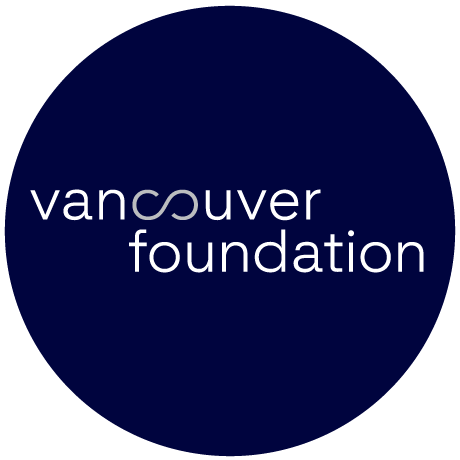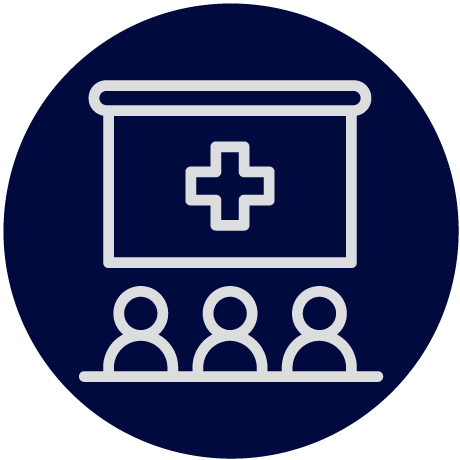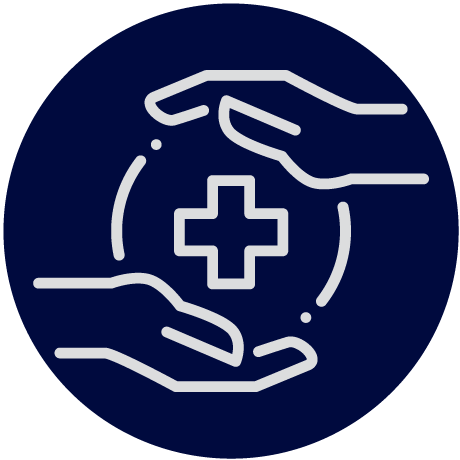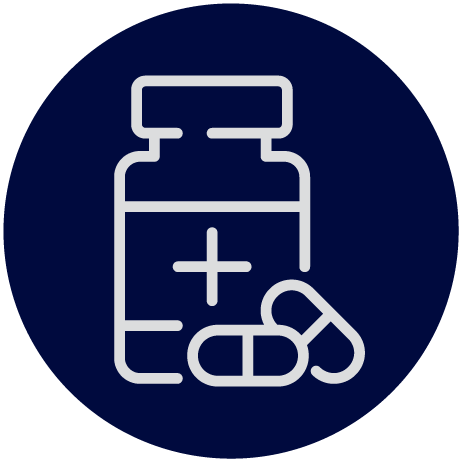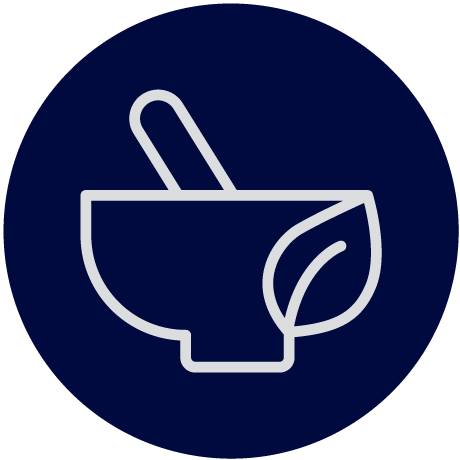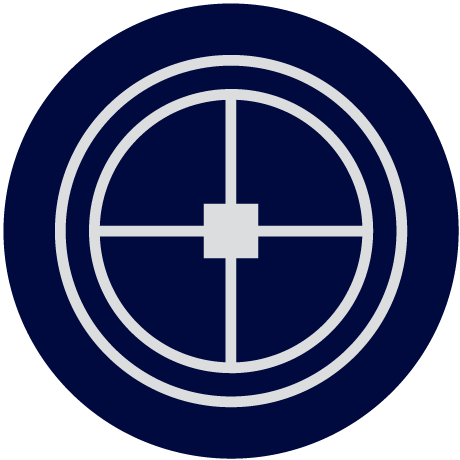To respect the data sovereignty of our partners, most of the project details are available to partners only. Please feel free to contact the UPROOT team should you have any questions. If you are meant to have access to any of these projects, please email the team at uproot.team@ubc.ca.
A Two-Eyed Seeing Framework for Building Indigenous Health Courses in Pharmacy
In response to the Truth and Reconciliation Commission’s Calls to Action #23 and #24, health programs across Canada, including pharmacy, are integrating course content related to Indigenous Health and cultural safety. However, there is a paucity of literature on how to respectfully Indigenize health curricula. The purpose of this project was to develop a framework of better practices for both mandatory lecture-based and elective community-based courses.
This framework acts as the basis of Indigenous-driven and evidence-based curriculum design and can be used as a guide for health programs across Canada in building Indigenous health courses.
Community Partner(s)
UPROOT Indigenous Advisory Committee
Student(s)
Jessie Li, E2P PharmD Student
Granting Agency/Partner(s)
UBC Teaching and Learning Enhancement Fund
Perceptions of Online Community-based Student Projects: Building Sustainability and Reciprocity with Indigenous Partners
In response to the Truth and Reconciliation Commission’s Calls to Action, Indigenization efforts across Canadian healthcare programs have seen increases in Indigenous health and cultural safety training. It is well-established that community-based learning is an effective strategy for students to learn, but it can be demanding on community and Faculty resources, capacity, and time. The purpose of this research is to evaluate an innovative online deployment of community-based student projects from the perspective of both students and community partners.
The immersive nature of community-based learning allows students to enhance cultural learning. In-person community-based learning is difficult to replicate online, but our findings suggest that a positive impact on student learners can be achieved. Community partner satisfaction and positive feedback demonstrate the effectiveness of our CBPAR framework in implementing projects. Online delivery allows for sustainable engagement with geographically dispersed communities, where travel can be a barrier, and increases project capacity for future iterations.
Community Partner(s)
None
Student(s)
None
Granting Agency/Partner(s)
None
Developing a Pairing System for Students Participating in Community-Based Projects
Students who participate in community-based projects are challenged by the broad breadth of activities and unique needs of partners, leading to a potential mismatch of necessary skills/interests, interpersonal conflict, and an underwhelming experience by both parties. Pre-determining and matching complementary student and project characteristics is one solution to improve the quality, value, and overall experience. PHRM 323 is an elective course that pairs students with partners to support community-based projects. Previously, students were randomly assigned to their community project. This project created a pairing system to match students to projects based on their interests, skills, and values.
Community Partner(s)
None
Student(s)
Brandon Whitmore, E2P PharmD Student
Granting Agency/Partner(s)
UBC Advancing Community Engaged Learning Fund
The Power of Stories: Examining the Impact of Storytelling on Learners
Indigenous storytelling is vital for the transmission of oral histories from generation to generation. In a local First Nation, storytelling comes in the form of creation stories and individual stories. A Land-based Healing Cultural Support Worker and community partner has been working closely with a UVIC Environmental Sciences student on the translation, preservation, and revitalization of her individual story, “My Search for My Way of Being” for many years, detailing both positive and negative human experiences and the treasure box of teachings that have come from her life. This project created a thematic analysis and framework for the story to be used as a tool for the community partner to teach to a broad range of audiences and environments.
This project used a Two-Eyed Seeing approach to analyze a recorded sample of the community partner’s teachings, including translations of keywords in her language. Four main themes were synthesized and organized into a table with relevant info for teaching and discussion questions: 1) Family and Ancestral Connections, 2) Language, 3) Intergenerational Trauma, and 4) Spirituality.
Community Partner(s)
Rhonda Schooner Sandoval
Student(s)
Naomi Giesbrecht, E2P PharmD Student
Kruti Shukla, E2P PharmD Student
Granting Agency/Partner(s)
None
